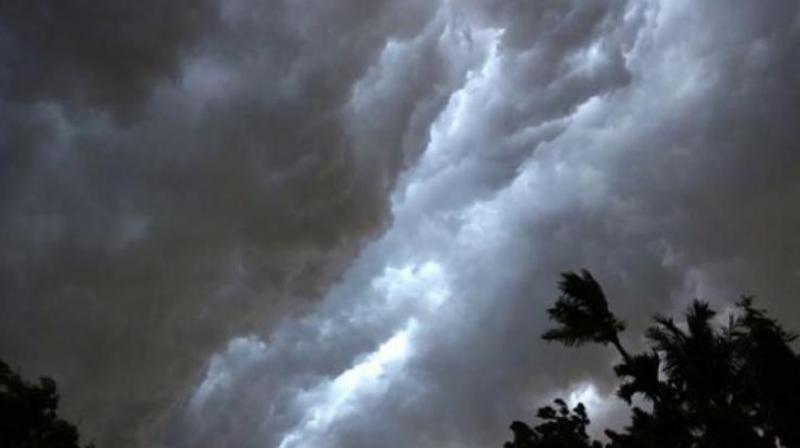Every monsoon, lakes threaten to reclaim the city
The city's drainage systems are unable to cope with this type of increased surface runoff and the volume of water that is being collected.

Another spell of heavy downpour has crippled the city yet again. Bangalore is once again reeling under floods that have now become a regular feature. Unplanned and rampant urbanization with haphazard growth and development has drastically altered the key topographical features of the city. It has also disturbed the drainage characteristics of natural catchment basin and the drainage areas. This is mainly due to the increase in the total volume and the rate of surface runoff. The city’s drainage systems are unable to cope with this type of increased surface runoff and the volume of water that is being collected. The drainage systems across the city are often encountered with obstacles and blockages due to the accumulation of different types of municipal solid waste that are disposed off unscientifically and many a times even illegally.
Flooding in urban areas was mostly the concern of the city municipal corporation, the public works department and, to an extent, the responsibility of the urban development authority and urban governance. But, off late, it has caught the attention of a larger number of urban development authorities, environmental experts, scientists, urban planners and others. In fact urban flooding has now got the ‘disaster’ tag which is drawing the attention of groups such as natural & national disaster management.
The issue of urban flooding with respect to the city’s ever changing topography and geography, with a focus on mitigating or avoiding flooding, has become a matter of unique case study, not only across the country, but the continent as well. However, it is important and interesting to note the changing urban ecology and its adaptation along with rising environmental resilience of human population with respect to various factors such as disaster and risk management challenges, especially in the context of rapid changing geophysical landscape, unprecedented growth in human population, disappearing lung spaces and water bodies, inappropriate disposal of waste and the like. And this not just the case with Bangalore. Several major cities and towns in India and outside have also been reporting a series of devastating urban flooding in the recent years. For ex: Mumbai experienced flooding in 2005 followed by many other major cities of South Asia like Dhaka, Islamabad, Rawalpindi, etc., also suffered from this major issue displacing more than 400 million people in many metropolitan cities of India. If unchecked, this trend will continue and it is estimated to cross 600 million across a hundred metros in post 2020. Local and regional ecological challenges combined with changes in climate and global warming is bound to increase the occurrence of floods in future and pose greater risks and negative impacts on the communities.
In Bangalore the major issue has been the encroachment of lakes and water bodies for various growth, expansion and developmental activities that have resulted in the loss of inter connectivity of these water bodies. This is chiefly responsible in the scattering and uneven distribution of fresh water leading to greater instances of floods even during the monsoons. It has been studied and documented that the drainage network is disturbed and lost due to conversion and change in land use patterns of various tanks, valleys and vegetation patches resulting in impermeable catchment basins causing severe flooding even during normal rainfall season.
Therefore, an integrated approach is required to connect the watershed management and the land use patterns along with the planning and development of cities. It is also important to consider key factors such as engineering aspects, flood / drought preparedness and swift handling and management of emergencies in the affected regions. The urban development should also take in to account significant components such as the social, cultural and economic requirement of urban communities which will gradually and eventually result in a balanced and sensitive society..
For this to materialize, it is extremely important to have greater political will and determination by elected representatives. Environmental awareness among citizens and activism is clearly visible across Bangalore. But this isn’t sufficient. We need people with subject expertise and experience at the decision making and policy making levels. A comprehensive team of experts including scientists, ecologists, sociologists, economists, engineers, law makers, planners and elected representatives is the need of the hour. Guess it’s time for a ‘Green Party’ comprising of such experts, to take off soon and rebuild Bangalore..!

